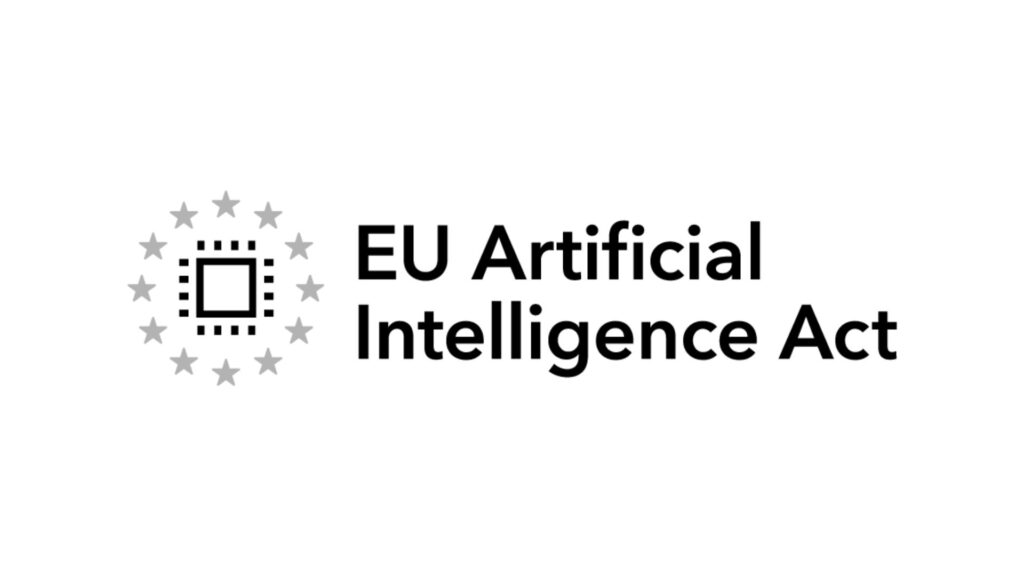EU AI Act oversight and fines begin this August
New EU rules enter into force 2 August, introducing penalties and national oversight under the AI Act’s gradual rollout.

A new phase of the EU AI Act takes effect on 2 August, requiring member states to appoint oversight authorities and enforce penalties. While the legislation has been in force for a year, this marks the beginning of real scrutiny for AI providers across Europe.
Under the new provisions, countries must notify the European Commission of which market surveillance authorities will monitor compliance. But many are expected to miss the deadline. Experts warn that without well-resourced and competent regulators, the risks to rights and safety could grow.
The complexity is significant. Member states must align enforcement with other regulations, such as the GDPR and Digital Services Act, raising concerns regarding legal fragmentation and inconsistent application. Some fear a repeat of the patchy enforcement seen under data protection laws.
Companies that violate the EU AI Act could face fines of up to €35 million or 7% of global turnover. Smaller firms may face reduced penalties, but enforcement will vary by country.
Rules regarding general-purpose AI models such as ChatGPT, Gemini, and Grok also take effect. A voluntary Code of Practice introduced in July aims to guide compliance, but only some firms, such as Google and OpenAI, have agreed to sign. Meta has refused, arguing the rules stifle innovation.
Existing AI tools have until 2027 to comply fully, but any launched after 2 August must meet the new requirements immediately. With implementation now underway, the AI Act is shifting from legislation to enforcement.
Would you like to learn more about AI, tech and digital diplomacy? If so, ask our Diplo chatbot!
